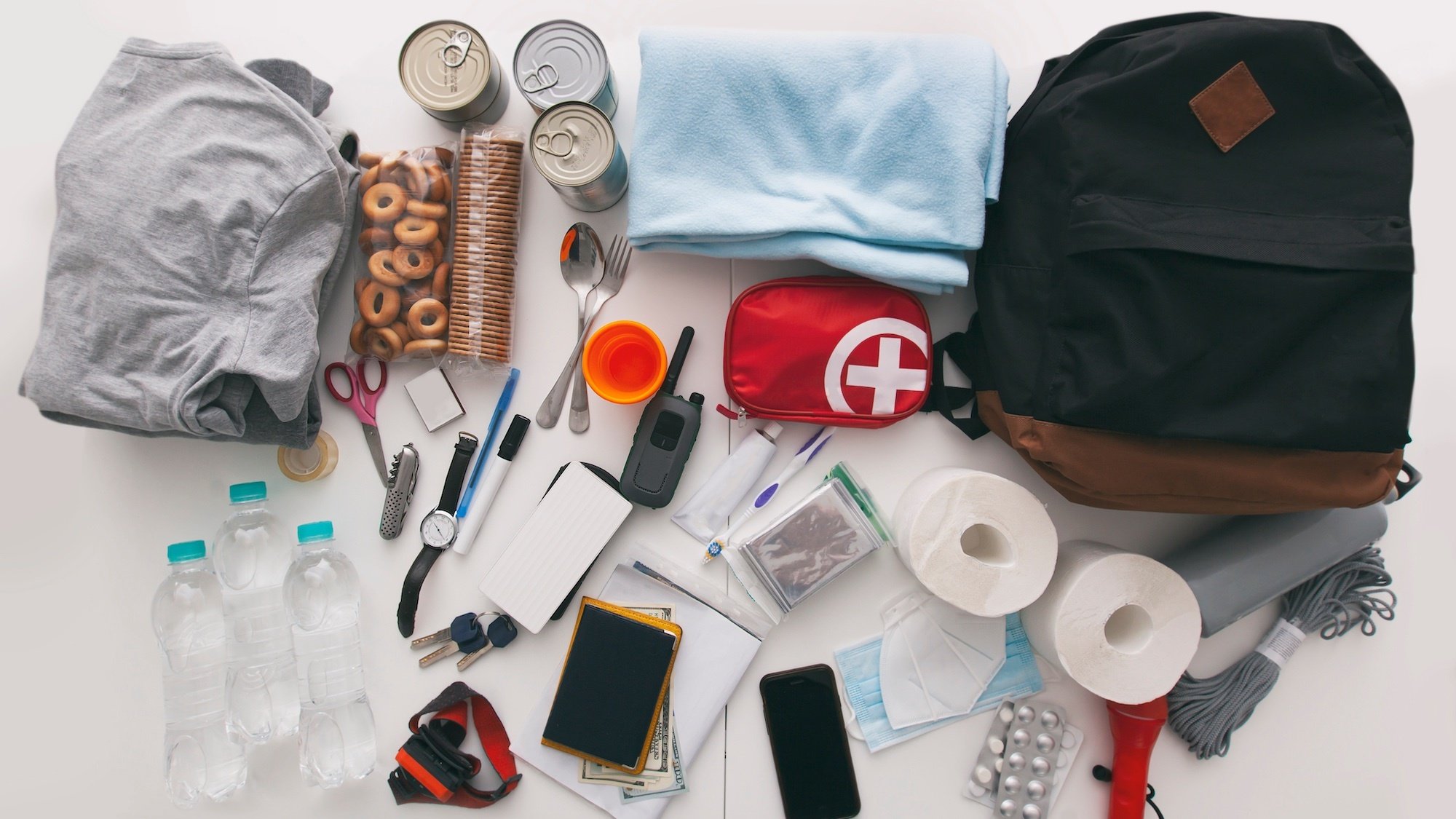What would be the first reactions of the population in the event of a volcanic eruption, earthquake, radioactive leak, epidemic, or any kind of crisis? Covid-19 gave us a glimpse that was not very conclusive, so the government has put together a little booklet for its citizens - titled France resilience or Everyone Resilient, according to information from Libération - on the good practices to adopt.
This initiative does not help with the surrounding panic, but at least it saves the French from additional anxiety by not addressing the state of war and terrorist attacks. Here are the three points developed in this short booklet, which should be distributed to the French at the end of spring, mainly via the Internet, official websites, and social media.
eacute;social networks.See this post on Instagram
1. Recognizing Warning Signs
Every crisis reveals itself through a series of indicators that should be recognized by the public. An unprecedented weather episode is a sign.l'é par the alerts from Météo France and the weather bulletins. In the midst of an epidemic, government messages indicate the steps to follow. Natural disasters are declared based on the area, thanks to alert signals or warning messages via the media. The same goes for industrial and nuclear risks.
All these scenarios are covered in the manual, which explains how to stay informed (spoiler: tune in to France Inter, France Info, watch the channels of France Télévisions, and follow the instructions from authorities sent via SMS).
🇫🇷⚠️ Des habitants des Hauts-de-Seine ont reçu un SMS du dispositif FR-Alert mentionnant une "alerte extrêmement grave". Comme écrit dans le corps du message, il s'agissait d'un exercice de sécurité. (Actu) pic.twitter.com/hvCRUVSXn8
— AlertesInfos (@AlertesInfos) April 23, 2024
2. How to Protect Yourself
Once informed, how should you react to stay safe? This guide outlines various crisis situations and specifies, for each case, the behaviors to adopt to protect yourself and your loved ones: taking shelter, staying at home, evacuating, moving away from waterways, and more.
The goal of this concise 32-page guide is to provide clear and reassuring reference points for those who may feel helpless in the face of such events. It's a necessity, especially since a 2013 Ifop survey revealed that the majority of French people were unaware of how to react in the event of a natural or industrial disaster.
[𝐒𝐞́𝐢𝐬𝐦𝐞] 👉 Suite au séisme de ce jour et à ses répliques, voici les bons réflexes à avoir pour prévenir ce risque et y faire face. ⤵️ pic.twitter.com/hjfYZ149iZ
— ∴ Pat ∴ (@p_bischetti) March 18, 2025
3. Create a survival kit
The government is a bit behind on this one. Just look back five years to 2020, when people rushed to stock up on toilet paper, eggs, and pasta at the announcement of lockdowns. While there will always be a few selfish individuals hoarding excessive amounts of basic necessities, what's more important is to get a survival kit.
The guide suggests a list that should help everyone be self-sufficient for three days. Some essential items to include are: drinking water in bottles, some basic supplies (oil, canned goods, rice, pasta), hygiene products, a first aid kit, and something to light up andstay informed (having a radio can be a great idea!).
acute;e). To keep busy and not just pace around, it's also suggested to grab some books or games... And that’s it! There you have it, you’re all set to survive the apocalypse !Avec ce kit, vous êtes prêt à affronter n'importe quelle catastrophe… sauf celles causées par le gouvernement. pic.twitter.com/d8yYKGds6z
— Alexandre Langlois (@AlexLanglois_) March 18, 2025
